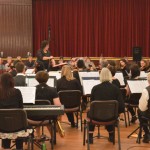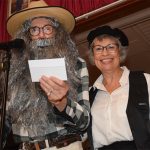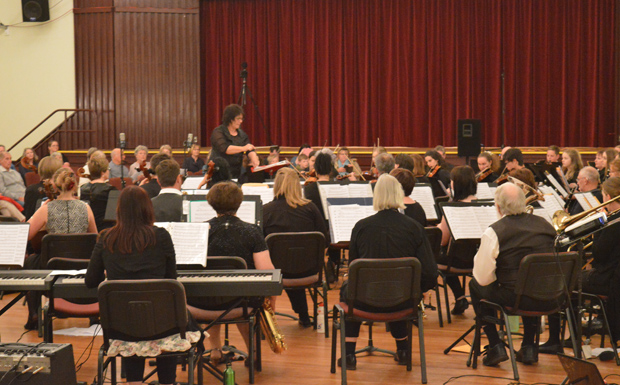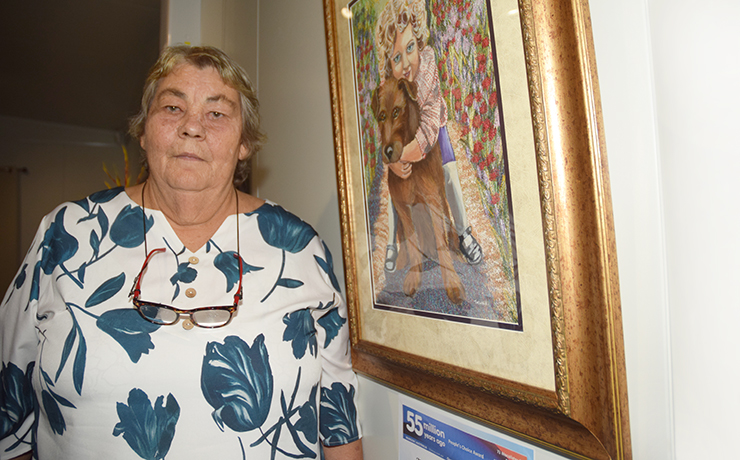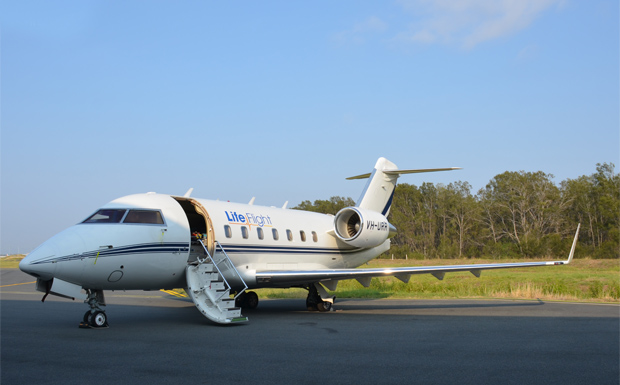
March 31, 2020
Three RACQ LifeFlight Rescue Air Ambulance jets are now on standby to airlift suspected or confirmed COVID-19 and other patients from Queensland regional centres.
Under an upgraded deal signed on Tuesday, the State Government has expanded its long-running service agreement with LifeFlight to ensure the air ambulances are exclusively available for Queensland Health tasks.
The arrangement, made by Health Minister Dr Steven Miles last week, increases the number of RACQ Lifeflight Rescue Air Ambulance jets from the original two aircraft to a total of three jets.
The trio of jets will be assigned to move COVID-19 and other patients from regional areas to medical facilities where they can receive higher levels of care, when necessary.
“The RACQ LifeFlight Rescue Air Ambulance jets are extremely suitable for this type work as they’re used primarily for high-acuity, long-range patient transport and can operate day or night, in all kinds of weather,” LifeFlight Co-ordination Centre Director Brian Guthrie said.
One of the Challenger 604 jets will be based in Brisbane, while another Challenger 604 and a Learjet 45 will be based in Townsville.
“The Learjets can fly at over 820km/h while the Challenger can reach 1050km/h,” Mr Guthrie said.
“Our aeromedical crews are on 24/7 standby and can be airborne within 90 minutes of the first activation call, from our central co-ordination centre.”
The twin-engine business jets, which have been converted into Air Ambulance aircraft, are the flying equivalent of an intensive care unit.
“In preparation for transporting suspected and confirmed coronavirus patients we have adjusted the configuration of both aircraft so they’re able to have either have a single stretcher or a dual stretcher, depending on the acuity of the patient,” Mr Guthrie said.
RACQ LifeFlight Rescue Critical Care Doctors and Flight Nurses have already participated in the safe transfer of a number of suspected and confirmed coronavirus patients.
“Protocols and standard operating procedures have been adopted, including doctors and nurses being required to wear protective masks, goggles, gloves and suits, as well as undertake appropriate decontamination measures, after they are in contact with suspected or confirmed coronavirus patients,” Mr Guthrie said.
RACQ LifeFlight Rescue will continue to work closely with senior clinicians and Queensland Health to monitor and review the procedures as knowledge of the virus continues to evolve.
“Our understanding and response to the management of coronavirus continues to develop and we are guided by the advice of health authorities and medical experts on the most effective measures to protect patients and staff,” Mr Guthrie said.










